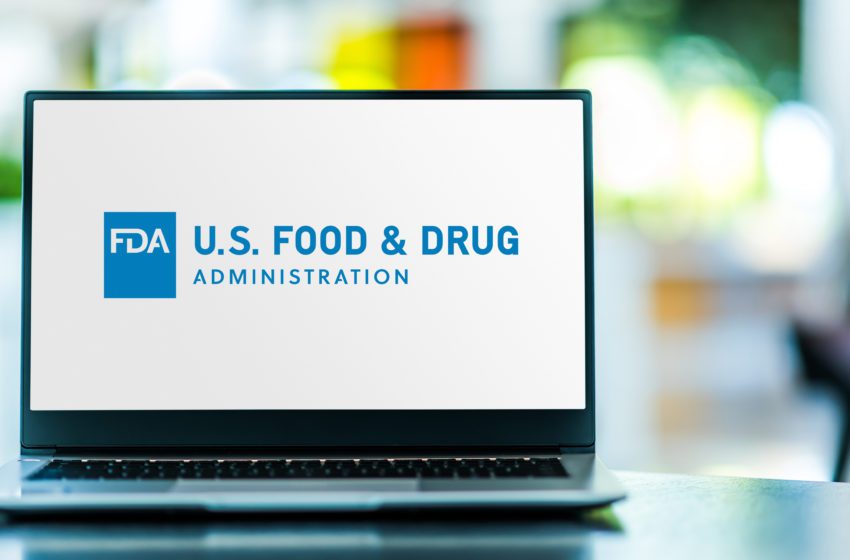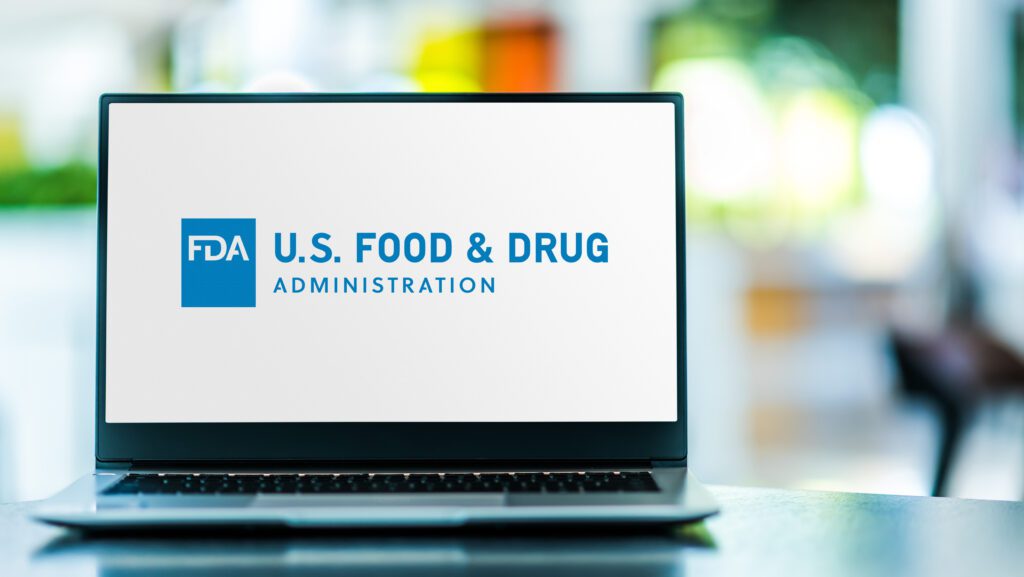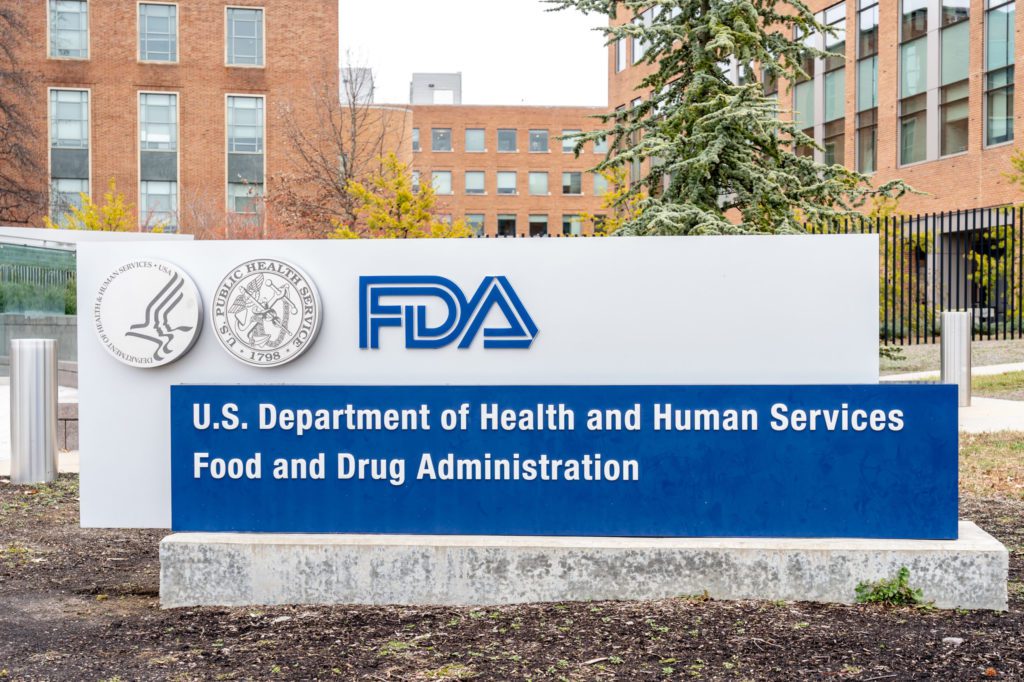
Brian King, director of U.S. Food and Drug Administration’s Center for Tobacco Products (CTP), published a statement summarizing the CTP’s progress in addressing the recommendations from the Reagan-Udall evaluation.
At the request of FDA Commissioner Robert Califf, the Reagan-Udall Foundation evaluated the CTP’s operations. In December, the foundation submitted its report, which identified several problems hindering the agency’s ability to regulate the industry and reduce tobacco-related disease. Among other recommendations, the foundation urged the CTP to make process improvements and increase transparency.
According to King, the CTP has made significant strides in putting its plans for improvement into action. The agency, he said, is on track to issue proposed goals this summer, and to release the final plan by December 2023. The CTP intends to hold a public meeting in summer 2023 to seek stakeholder feedback about the strategic plan.
Meanwhile, said King, the CTP Ombuds Office is leading the creation of an operational strategy to improve transparency and information sharing across all programmatic areas, including through the establishment of transparency liaisons. Externally, the center is planning for upcoming public meetings to gather stakeholder input. CTP also published a webpage of all the tobacco products-related citizen petitions received by the center to provide the public with information about such citizen petitions that is easy to access and user-friendly.
According to King, the center has reviewed 99 percent of tobacco product applications submitted over the past three years, authorizing 23 tobacco-flavored e-cigarette products and devices. The CTP is currently planning a public meeting to take place in fall 2023 regarding the application review process.
Meanwhile, the center is in the process of finalizing rules related to menthol cigarettes and flavored cigars and continues to work toward publishing a proposed rule that would establish a maximum nicotine level to reduce the addictiveness of cigarettes and certain other combusted tobacco products.
CTP also recently proposed new requirements for tobacco product manufacturers regarding the manufacture, design, packing and storage of their products.
King also highlighted the CTP Office of Science leadership’s participation in conferences and external meetings. For example, representatives from the Office of Science recently presented at the Food and Drug Law Institute’s Nicotine Product Regulatory Science Symposium, the E-Cigarette Summit and the TMA annual meeting (see Todd Cecil’s TMA presentation here).
“I am proud of the significant progress the center has made to date in addressing the external evaluation recommendations, and I am confident that we’ll continue to make important strides in continuing to build and strengthen FDA’s tobacco program in the future,” said King.
A comprehensive list of CTP status updates for each Reagan-Udall Foundation recommendation is available here.



















